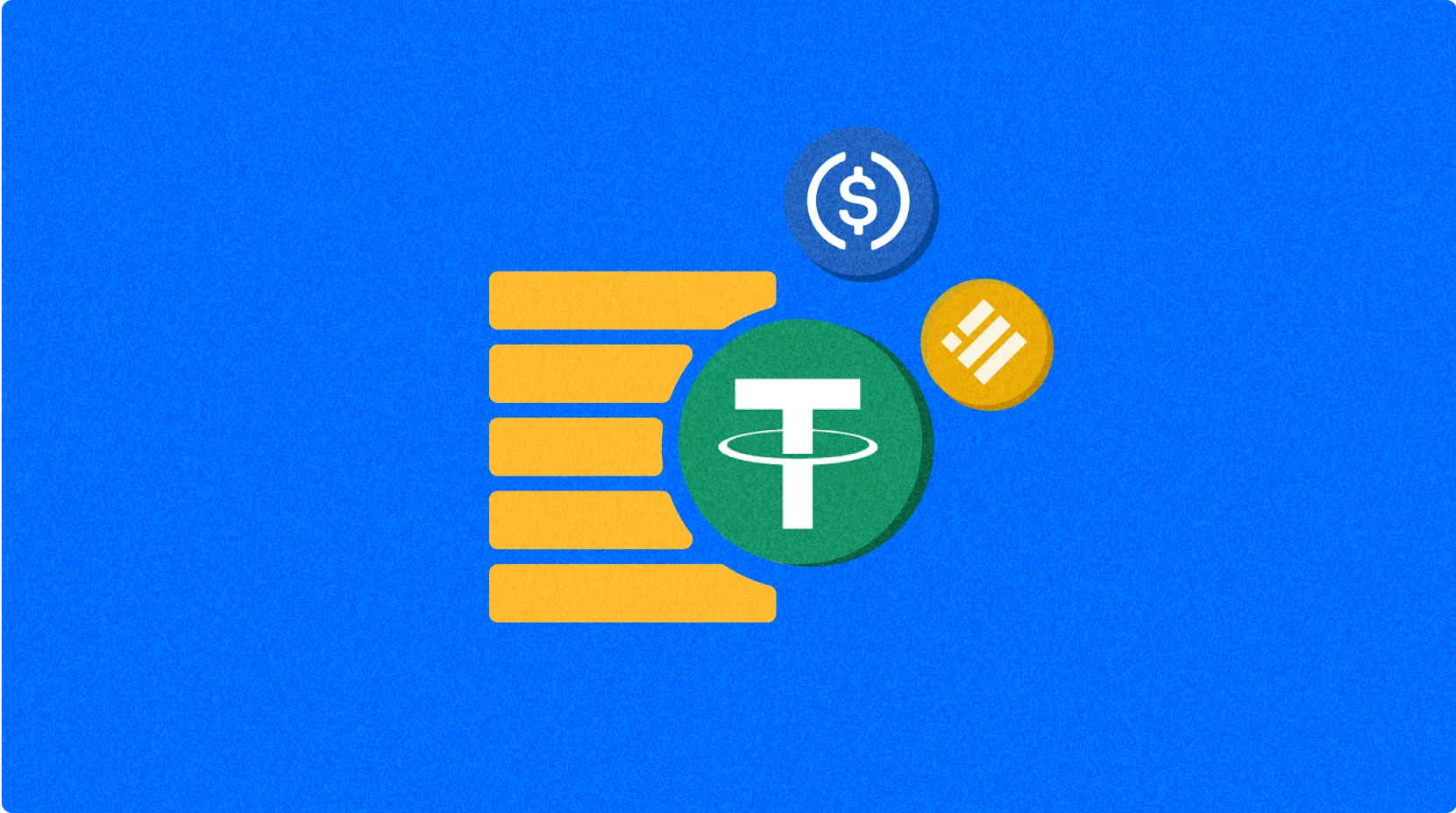Kuantum Finans Sistemi (QFS): Anlamı ve Küresel Finans Üzerindeki Etkisi

Devrim Niteliğindeki Kuantum Finans Sisteminin Perde Arkasını Açmak: Gerçekten Ne Anlama Geliyor
Kuantum Finansal Sistemi (QFS), küresel finansal işlemleri devrim niteliğinde değiştirmek için kuantum bilgisayarlarının gücünden yararlanarak finans dünyasında çığır açan bir yenilik olarak ortaya çıkmıştır. QFS'nin temelinde, finansal verileri nasıl işlediğimiz, güvende tuttuğumuz ve yönettiğimiz konusunda bir paradigma kayması yatmaktadır. Bu sistem, finansal işlemlerde eşi benzeri görülmemiş bir güvenlik ve verimlilik düzeyi yaratmak için kuantum mekaniği prensiplerini kullanmaktadır.
Kuantum finans sistemi anlamı, yalnızca teknolojik bir yükseltmenin ötesine geçer. Bu, geleneksel bankacılık sistemlerinde var olan birçok sınırlama ve zafiyeti ele almayı vaat eden finansal altyapımızın temel bir yeniden düşünülmesini ifade eder. Kuantum bilgisayarlarının süperpozisyon ve dolanıklık gibi benzersiz özelliklerinden faydalanarak, QFS karmaşık hesaplamalar ve veri işlemleri, daha önce hayal bile edilemeyecek hızlarda gerçekleştirebilir. Bu hesaplama gücündeki kuantum atılımı, neredeyse anlık işlem işleme, maliyetlerin düşmesi ve dolandırıcılık tespit yeteneklerinin artırılması anlamına gelir.
QFS'nin en önemli yönlerinden biri, hacklenemez bir finansal ağ oluşturma potansiyelidir. Sisteminin kuantum şifreleme yöntemleri, teorik olarak en gelişmiş klasik bilgisayar saldırılarına karşı bile dayanıklıdır ve bu da dijital finansal dolandırıcılık endişelerini etkili bir şekilde sona erdirebilecek bir güvenlik seviyesi sağlar. Bu kuantum seviyesindeki güvenlik sadece bir koruma önlemi değil; küresel ölçekte dijital finansal sistemlere güven inşa etmek için bir temel oluşturur. "Finansta QFS nedir?" diye merak edenler için, bu sistemin sadece kısmi bir iyileştirmeden daha fazlasını temsil ettiğini anlamak önemlidir. Kuantum finansal sistemi, kuantum bilişimi entegre ederek finansal teknolojinin tamamen yeniden yapılandırılmasıdır.blokzincirve yapay zeka ile uyumlu, akıllı ve son derece güvenli bir finansal ekosistem oluşturmak için. Bu entegrasyon, aracıları ortadan kaldırarak gerçek zamanlı, sınır ötesi işlemlere olanak tanır ve uluslararası ticaret ile havaleleri potansiyel olarak devrim niteliğinde değiştirebilir.
QFS Teknolojisi Bugün Küresel Bankacılığı Nasıl Dönüştürüyor
Kuantum Finans Sistemi'nin (QFS) küresel bankacılık üzerindeki etkisi zaten belirgin hale gelmeye başladı; birçok büyük finans kurumu kuantum bilişim araştırma ve geliştirmesine ağır yatırımlar yapıyor. QFS'nin küresel bankacılık üzerindeki etkisi çok yönlüdür ve risk değerlendirmesinden müşteri hizmetlerine kadar finansal operasyonların her yönünü etkilemektedir.
En önemli dönüşümlerden biri siber güvenlik alanındadır. Geleneksel bankalar uzun zamandır siber saldırıların sürekli tehdidiyle mücadele ediyor, ancak finansal sistemlerdeki kuantum teknolojisi yeni bir koruma seviyesi sunuyor. Kuantum anahtar dağıtımı gibi kuantum şifreleme teknikleri, iletişim kanallarını ve veri depolamayı güvence altına almak için kullanılmakta, bu da hackerların hassas finansal bilgileri ele geçirmesini veya deşifre etmesini neredeyse imkansız hale getiriyor.
Ayrıca, kuantum bilgisayarların hesaplama gücü, karmaşık finansal modelleri ve risk değerlendirme algoritmalarını optimize etmek için kullanılmaktadır. Bu, bankaların piyasa trendleri, kredi riskleri ve yatırım fırsatları hakkında daha doğru tahminler yapmalarını sağlıyor. Sonuç, müşterilerine daha iyi hizmet verebilen ve riskleri azaltan daha istikrarlı ve verimli bir bankacılık sistemi. QFS blockchain teknolojisinin geleceği, özellikle sınır ötesi işlemler için umut verici. Blockchain'in merkeziyetsiz doğasını kuantum bilgisayarların işleme gücüyle birleştirerek, bankalar artık mevcut maliyetin bir kısmını ödeyerek neredeyse anlık uluslararası transferler sunabiliyor. Bu, küresel ticareti devrim niteliğinde değiştirme potansiyeline sahip ve finansal hizmetleri dünya genelinde bankasız kalan nüfuslar için daha erişilebilir hale getirmektedir.
Küresel bankacılık üzerindeki QFS'nin dönüştürücü etkisini göstermek için şu karşılaştırmayı düşünün:
| Açı | Geleneksel Bankacılık | Kuantum Finansal Sistemi |
|---|---|---|
| İşlem Hızı | Dakikalar günlere | Neredeyse anlık |
| Güvenlik | Sofistike siber saldırılara karşı savunmasız | Kuantum şifreleme (teorik olarak hacklenemez) |
| Maliyet Verimliliği | Yüksek işletme maliyetleri | Önemli ölçüde azaltılmış maliyetler |
| Risk Değerlendirmesi | Tarihsel verilere ve geleneksel modellere dayalı olarak | Gerçek zamanlı, kuantum destekli tahmin modelleri |
| Sınır Ötesi İşlemler | Yavaş ve pahalı | Hızlı ve maliyet etkin |
Bu gelişmeler devam ettikçe,Kapıkuantum finans teknolojilerini benimseme ve entegre etme konusunda öncüdür, kullanıcılarının mevcut en güvenli ve verimli işlem platformlarına erişim sağlamasını garanti eder.
Modern Finansal Altyapıda Blockchain ve Kuantum Hesaplamanın Entegrasyonu
Blockchain teknolojisi ile kuantum bilişim arasındaki sinerji, modern finansal altyapıda yeni bir paradigma oluşturuyor. Bu entegrasyon sadece teorik bir kavram değil, dijital finans manzarasını yeniden şekillendiren pratik bir gerçek. Bu bağlamda açıklanan kuantum finansal sistemi, her teknolojinin sınırlamalarını ele alırken, kendi güçlü yönlerini artıran güçlü bir kombinasyonu ortaya koyuyor. Blockchain teknolojisi, şeffaf, merkeziyetsiz ve değiştirilmesi mümkün olmayan defterler oluşturma konusunda değerini zaten kanıtlamıştır. Ancak, ölçeklenebilirlik sorunları ve kuantum saldırılarına karşı potansiyel zayıflıklarla karşı karşıyadır. Öte yandan, kuantum bilişim eşsiz bir hesaplama gücü sunar, ancak blockchain'in doğasında bulunan dağıtılmış güven mekanizmasından yoksundur. Bu teknolojilerin QFS içindeki entegrasyonu, hem son derece güvenli hem de sonsuz ölçeklenebilir bir sistem oluşturur.
Bu entegrasyonun en önemli uygulamalarından biri kriptografi alanındadır. Kuantum dirençli kriptografik algoritmalar, blockchain ağları içinde geliştiriliyor ve uygulanıyor, böylece kuantum bilgisayarlarının ilerlemelerine karşı güvenli kalmaları sağlanıyor. Bu proaktif yaklaşım, blockchain tabanlı finansal sistemlerin ve kripto paraların uzun vadeli sürdürülebilirliğini güvence altına alır.
Ayrıca, entegrasyon daha karmaşık ve verimli akıllı sözleşmelerin geliştirilmesine olanak tanır. Kuantum algoritmaları akıllı sözleşmelerin yürütülmesini optimize ederek, onları daha hızlı ve maliyet etkin hale getirebilir. Bu, sigorta ödemelerinden karmaşık türev ticaretine kadar otomatik finansal süreçler için geniş kapsamlı sonuçlar doğurmaktadır.
Finansal sistemlerdeki kuantum teknolojisi, daha sofistike veri analizlerini de mümkün kılar. Blockchain üzerinde depolanan geniş veri setlerini, kuantum bilgisayarların bu verileri eşi benzeri görülmemiş hızlarda işleme yeteneği ile birleştirerek, finansal kurumlar piyasa trendleri, müşteri davranışları ve risk faktörleri hakkında daha derin bilgiler edinebilir. Bu geliştirilmiş analitik yetenek, daha bilinçli karar verme ve tüketiciler için daha iyi finansal ürünler anlamına gelir.
Bu entegre sistemin devam eden evrimine tanık olurken,Kapıplatformunu bu teknolojik gelişmeleri kullanacak şekilde uyarlamaya devam ediyor, kullanıcılarının kuantum finans sisteminin dijital varlıklar dünyasına getirdiği artan güvenlik, verimlilik ve yenilikten faydalanmasını sağlıyor.## Kripto Yatırımcılarının Dijital Varlık Güvenliğinde QFS’nin Rolünü Anlaması Neden Gerekiyor
Kripto yatırımcıları için, Kuantum Finans Sistemi'nin (QFS) dijital varlık güvenliğindeki rolünü anlamak sadece faydalı değil, aynı zamanda hayati önem taşımaktadır. Kripto para sahipleri için kuantum finans sisteminin anlamı, yalnızca işlem hızlarının ve verimliliğinin artmasıyla sınırlı kalmaz; dijital varlıkların nasıl güvence altına alındığı ve yönetildiği konusunda temel bir değişimi temsil eder.
Birçok kripto yatırımcısı için temel endişe, kuantum bilgisayarların mevcut kriptografik yöntemlere potansiyel tehditidir. Çoğu kripto para birimi, teorik olarak yeterince güçlü kuantum bilgisayarlar tarafından kırılabilecek olan genel anahtar kriptografisine dayanır. Ancak, QFS ilkelerinin blok zinciri teknolojisine entegrasyonu, bu potansiyel tehdidi güçlü bir savunma mekanizmasına dönüştürüyor.
Kuantum dirençli algoritmalar, dijital varlıkları potansiyel kuantum saldırılarına karşı güvence altına almak için geliştirilmektedir ve uygulanmaktadır. Bu yeni kriptografik yöntemler, kuantum sonrası bir dünyada bile kripto para birimleri ve diğer dijital varlıkların güvenli kalmasını sağlamaktadır. Yatırımcılar için bu, onların varlıklarsadece mevcut tehditlere karşı değil, aynı zamanda yatırımlarını savunmasız hale getirebilecek gelecekteki teknolojik gelişmelere karşı da korunmaktadır.
Ayrıca, QFS'nin küresel bankacılık üzerindeki etkisi, dijital varlıkların nasıl değerlendirildiği ve işlem gördüğü ile de ilgilidir. Gelişmiş hesaplama gücü, kripto paraların daha doğru ve gerçek zamanlı değerlemesini sağlar ve aynı anda çok sayıda piyasa faktörünü dikkate alır. Bu, daha verimli fiyatlandırma mekanizmalarına yol açar ve potansiyel olarak piyasa manipülasyonunu azaltarak dürüst yatırımcılara fayda sağlar. QFS blok zinciri teknolojisinin geleceği, kripto dünyasındaki en acil sorunlardan birini çözmeyi vaat ediyor: ölçeklenebilirlik. Kuantum hesaplamayı kullanarak, blok zinciri ağları güvenliği tehlikeye atmadan, işlemleri eşi benzeri görülmemiş hızlarda işleyebilir. Bu ölçeklenebilirlik çözümü, kripto paraların günlük işlemlerde daha geniş bir şekilde benimsenmesine zemin hazırlayabilir ve potansiyel olarak değerini ve kullanımını artırabilir.dijital varlıklar.
QFS'nin dijital varlık güvenliği üzerindeki etkisini göstermek için, aşağıdaki karşılaştırmayı göz önünde bulundurun:
| Açı | Geleneksel Kripto Güvenliği | QFS-Gelişmiş Kripto Güvenliği |
|---|---|---|
| Şifreleme Gücü | Gelecekteki kuantum saldırılarına karşı savunmasız | Kuantum dayanıklı algoritmalar |
| İşlem Hızı | Blockchain ölçeklenebilirliği ile sınırlı | Kuantum hızlandırmalı işlem |
| Varlık Değeri | Mevcut piyasa verilerine dayanarak | Gerçek zamanlı, kuantum hesaplamalı değerlemeler |
| Dolandırıcılık Tespiti | Desene dayalı tespit | Kuantum AI destekli öngörücü tespit |
| Ağ Ölçeklenebilirliği | Mevcut teknoloji sınırlamaları tarafından kısıtlanmıştır | Kuantum optimizasyonu ile büyük ölçüde iyileştirildi |
Dijital varlık platformlarında QFS entegrasyonunun gelişimi devam ederken,Kapıbu keskin güvenlik önlemlerini uygulamaya kararlıdır, kullanıcılarının yatırımlarının hızla gelişen dijital finans dünyasındaki mevcut ve gelecekteki tehditlere karşı korunmasını sağlamaktadır.

Warden Protokolü: 2025'te Web3 Güvenliği için Kapsamlı Bir Rehber

KAIKO: Kripto Pazarları için Öncü Merkeziyetsiz Veri Altyapısı

Jimmy Zhong Kimdir

QFS nedir: 2025'te Kuantum Finans Sistemi'ni Anlamak

Bitcoin'de Kaç Düğüm Var

Sui hangi ülke ve İsviçre'nin Kripto'daki rolü nedir

Kripto para birimlerinde temel değer kavramının anlaşılması

Kripto para ticareti yapmak için en iyi merkeziyetsiz borsa platformları

Kripto para birimlerinde Blockchain Node'larının işleyişini kavramak: Temel kavramlara dair bilgiler

Otomatik Piyasa Yapıcıların işleyişini anlamak

Zebec Protocol'un İncelenmesi: Solana'dan Nautilus Chain'e Akışkan Ödemelerin Evrimi





